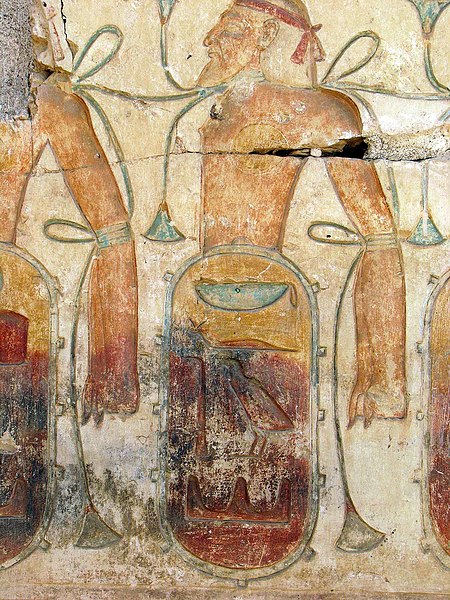 Watching for the Morning of July 5, 2020
Watching for the Morning of July 5, 2020
Year A
The Fifth Sunday after Pentecost:
Proper 9 / Lectionary 14
It’s hard to get away from the language of kingship in the scriptures. This was the governing reality of the time. People are always under the dominion of some reigning ruler (and only very rarely a queen). If God is to govern the world, if the Spirit is to direct every heart, if the creation redeemed shall flower, the people can only imagine it as the arrival of a just and righteous king. It is imagery that still resonates with us, though our experience of kingship and rulers is so often bitter. Though our rulers falter, we still imagine things could be truly good if only we had the right person to lead us.
In the grey days of Judah’s life under Persian dominion, Zechariah bears witness to the light of a new day when one shall ride up from the Jordan river valley upon a donkey like kings of old – a bringer of peace not conquest. “His dominion shall be from sea to sea,” and “he shall command peace to the nations.”
The poet sings of a world governed by God, shaped by God’s faithfulness and compassion. It is a world where “The LORD upholds all who are falling, and raises up all who are bowed down.”
The promise of the psalm echoes in the Gospel where we hear Jesus’ tender and challenging words: “Come to me, all you that are weary and are carrying heavy burdens, and I will give you rest.” He is speaking of a yoke. It is an image of kingship, as Jeremiah spoke of Judah taking up the yoke of Babylon, submitting to its rule (a yoke they rejected, resulting in the destruction of Jerusalem and its holy site of encounter with the divine). But this king is “gentle and humble in heart;” his “yoke” brings life not sucks it away.
There is some sadness and regret in Jesus’ voice; the nation has not welcomed this dawning reign of grace. We are too full of ourselves. But the arms remain open. The invitation stands.
The Prayer for July 5, 2020
Gracious God,
in Christ Jesus you invite all people
into the path of your teaching and life.
By your Holy Spirit,
open our hearts and lives to your message
that, following your Son, we may find true rest for our souls.
The Texts for July 5, 2020
First Reading: Zechariah 9:9-12
“Lo, your king comes to you; triumphant and victorious is he, humble and riding on a donkey, on a colt, the foal of a donkey.” – In the weary years after Babylon has fallen and Judah is but a poor backwater of the Persian empire, comes a prophetic message from the book of Zechariah promising a king who shall arrive like the kings of old and “command peace to the nations,” reigning “from sea to sea.”
Psalmody: Psalm 145:8-14
“Your kingdom is an everlasting kingdom, and your dominion endures throughout all generations.” – A hymn of praise to God who reigns as earth’s just and faithful king.
Second Reading: Romans 7:21-25a (appointed: Romans 7:14-25)
“Wretched man that I am! Who will rescue me from this body of death? Thanks be to God through Jesus Christ our Lord!” – Paul uses the image of possession (compelled to act against our own will) to expound his notion that the death of Christ has freed us from our bond-service to sin and made us servants of God.
Gospel: Matthew 11:16-19, 25-30
“Come to me, all you that are weary and are carrying heavy burdens, and I will give you rest.” – Jesus rebukes the fickle crowd (who criticized John for his asceticism and Jesus for being a libertine) and praises God for opening the eyes of the poor and marginalized to see and take up the yoke of God’s reign of grace and life.
+ + +
Images: https://commons.wikimedia.org/wiki/File:The_water_transfer.jpg
Mikhail Kapychka / CC BY-SA (https://creativecommons.org/licenses/by-sa/4.0)
Scripture quotations are from New Revised Standard Version Bible, copyright © 1989 National Council of the Churches of Christ in the United States of America. Used by permission. All rights reserved worldwide.
© David K Bonde, 2020










